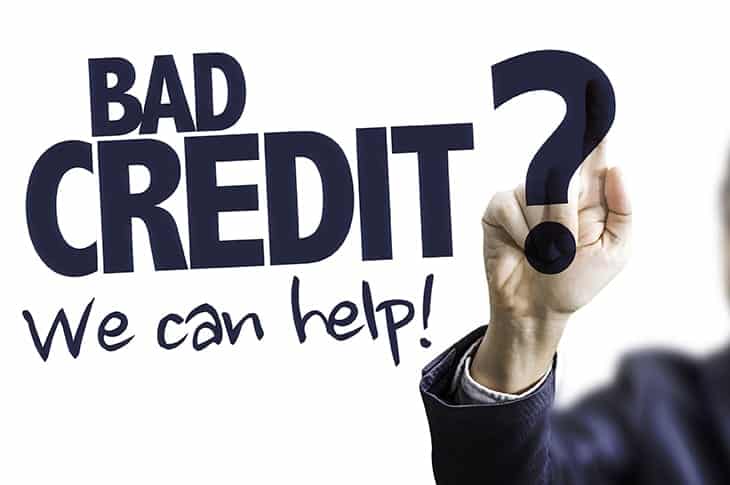If your credit score is considered poor, several strategies could enhance your chances of getting approved for a mortgage.
Increase Your Down Payment
Typically, Canadian lenders require at least a 5% down payment, but this can differ based on the home’s price. If you have bad credit, you may need to put down more to qualify for a mortgage. Aim to save enough to make a 20% down payment. Providing proof of your savings and their source can signal to lenders that you are financially stable despite your credit issues. A larger down payment also reduces the lender’s risk in lending to you. For borrowers, a higher down payment means a smaller mortgage amount, and if you pay 20% or more, you likely won’t need to purchase mortgage default insurance.
Consider Adding a Co-Borrower:
You might increase your chances of approval by including a creditworthy co-borrower on your mortgage application. A co-borrower contributes their credit score and history, agreeing to make payments if the primary borrower cannot. If approved, the co-borrower’s name will appear on the mortgage and the home title, making both parties responsible for the mortgage payments.
Explore Alternative Lenders:
Alternative lenders, often called B lenders, may accept borrowers with credit scores that do not meet the requirements of traditional banks or other lenders. Private lenders, trust companies, and certain credit unions may offer B mortgages to those with scores as low as 500. These lenders often have more flexible criteria, allowing for higher debt service ratios and potentially waiving stress tests. While they do require a minimum 20% down payment and usually charge higher interest rates than traditional lenders, they can provide access to homeownership for those with less-than-perfect credit.
Work on Improving Your Credit:
If you’re not in immediate need of a mortgage, consider improving your credit score first. Here are some tips:
Make payments on time – Consistently paying your bills can positively affect your credit score.
Keep spending within limits. Aim to use no more than 30%–35% of your credit limit on credit cards to help boost your score over time.
Avoid applying for new credit – Frequent applications can signal to lenders that you are in financial distress, which may lower your credit score.
Maintain existing credit accounts. Keeping old accounts open can help lengthen your credit history, which is beneficial for your score.
Reduce credit card debt – Paying down your credit card balances will lower your overall debt and improve your ability to afford future mortgage payments. If paying down your balance is a concern, consider discussing a repayment plan with your lender.
Improving your credit score can increase your chances of qualifying for a mortgage and may lead to better interest rates and terms.
Work With A Mortgage Broker:
A mortgage broker acts as a guide for home buyers rather than providing loans directly like a lender does. They assist in finding the right lender and mortgage that fit individual needs. Brokers can offer a variety of options, such as prime and B mortgages. If you’re uncertain about which lender or mortgage suits your credit profile, a broker like Expert Mortgage Canada can help you explore your choices effectively.

